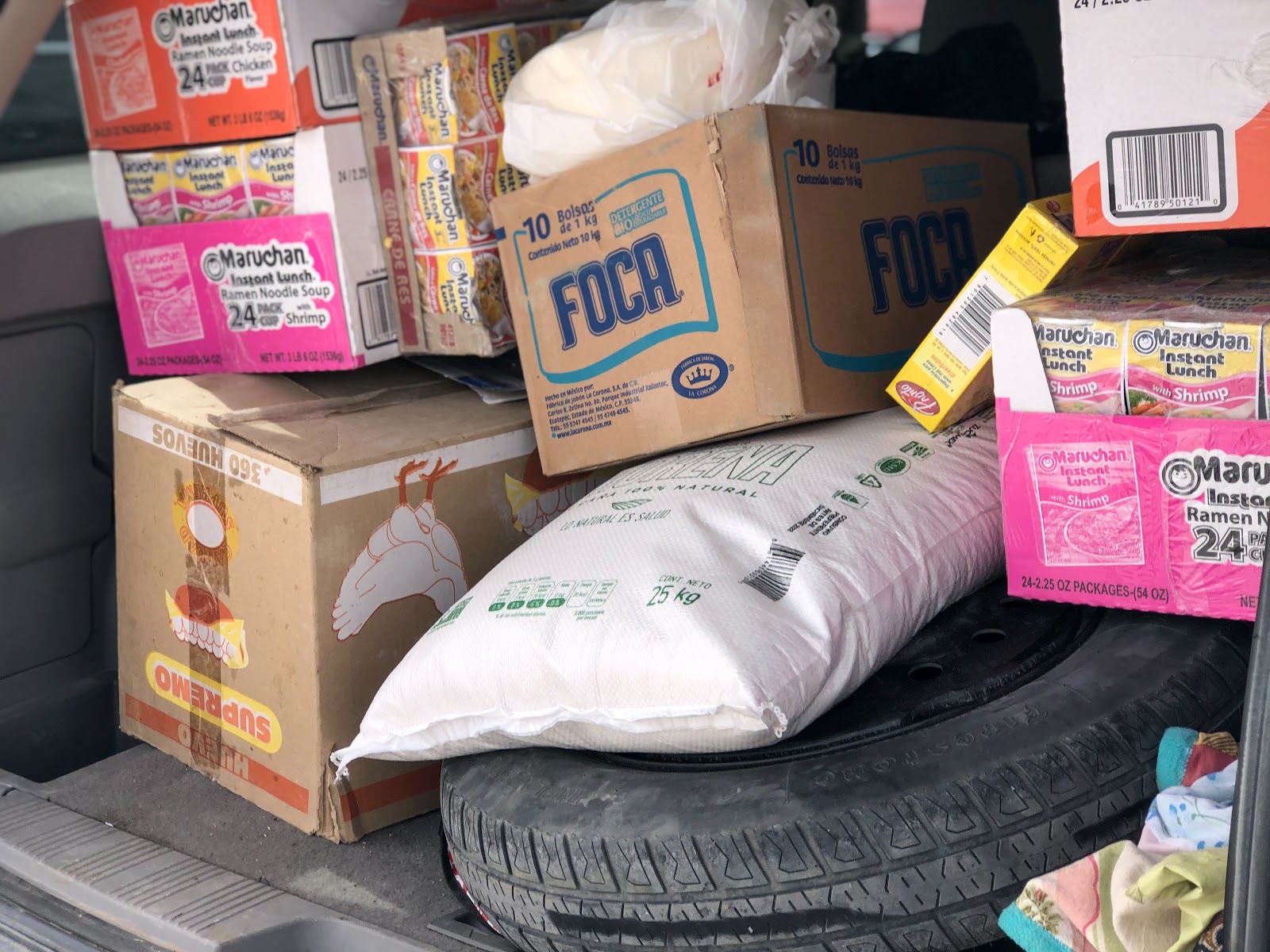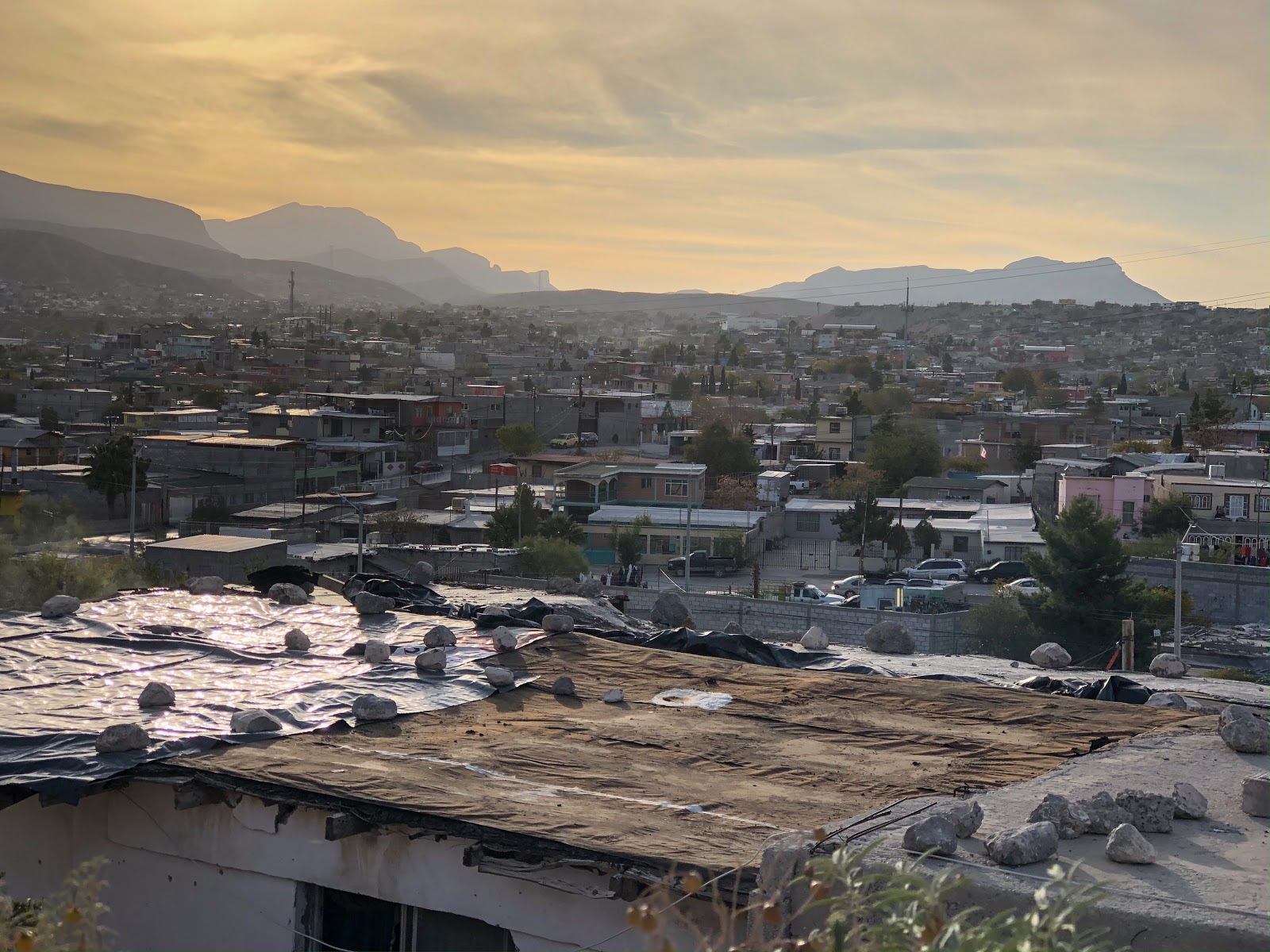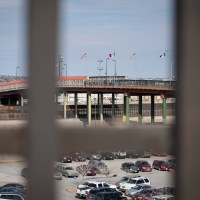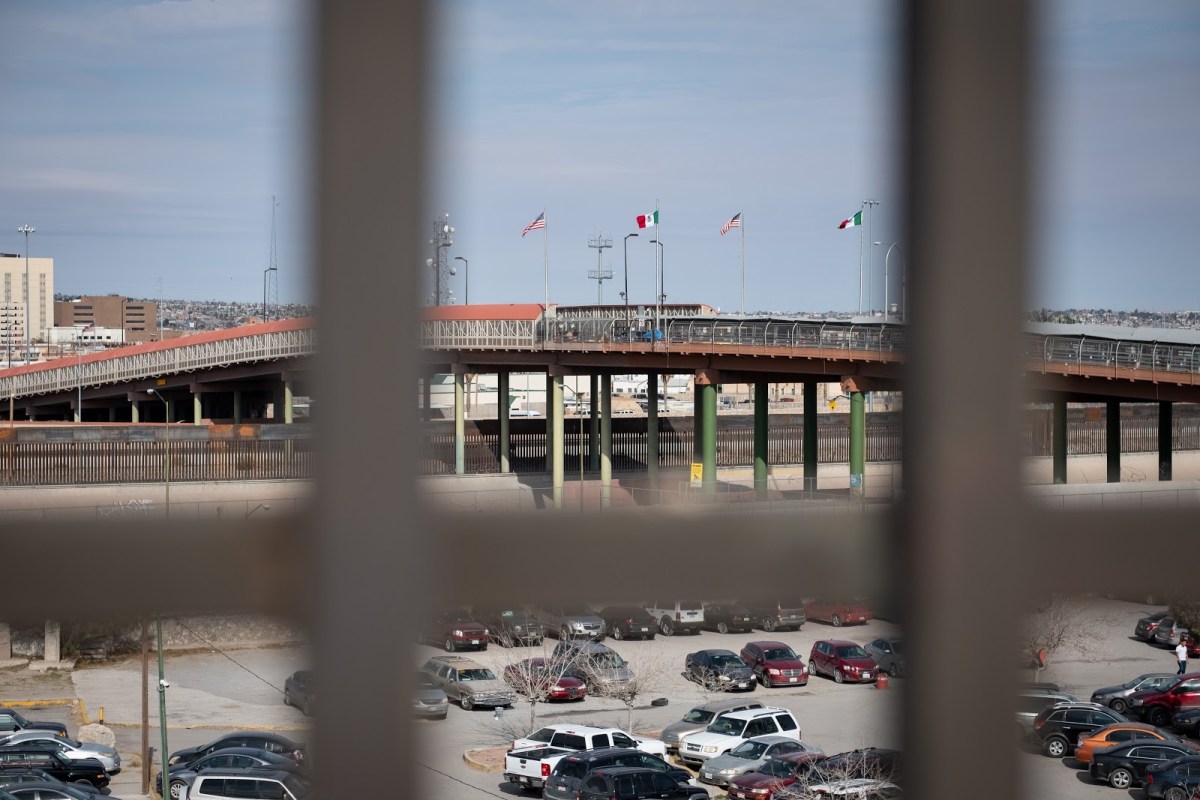“Most people live day by day here.”
Rafael Avila, my colleague in Juarez, Mexico, sat down to let us know how things were going in his city last week.
“Even people who have a job are living day by day?”
“Especially people who have a job live day by day. And the other ones are living minute by minute.”
Juarez, Mexico is so close to El Paso, Texas that from the air, they appear as a single community. Despite geographic proximity, politics and borders keep them a world apart.
There has been a massive push by the US government to tighten the southern border, to limit both the flow of drugs into the US from Mexican cartels, as well as the number of asylum seekers coming from Guatemala, El Salvador, Honduras, and around the world.
But it took an invisible virus to actually close the border between countries temporarily.

Mexico lags behind the US in confirmed cases of COVID-19, but as soon as the number topped 1,000, Mexico declared a health emergency. Nonessential businesses shut down, and the border temporarily closed as cases continue to rise.
And it’s already devastating the community. With many American-owned factories shuttered, and informal jobs disappearing, many residents of Juarez are unable to buy food or other essentials.
The factories that are staying open for now are making decisions that would have been unthinkable a few weeks ago. “What they’re doing is that they’re keeping the younger people,” Rafael explains. “In case they’re infected, they have a better chance of surviving.”
“The older people need money too,” Rafael adds.
Life is hard enough for those who’ve always called Juarez home. It’s even harder for asylum seekers who thought their time here would be short, just a stop-over on the way to the United States.
Our friends living in shelters are truly stuck. Few are able to work. When layoffs come, migrants are the first to go. The violence that forced them to flee home keeps them from going back. And a closed US border means they can’t move forward.
Much of the aid that helped Juarez’s vulnerable migrant community until now came from El Paso. American volunteers crossed the border in the mornings with aid and returned home to Texas before dark. With tighter restrictions at the border, this aid has slowed dramatically—just as Juarez’s migrant community is becoming even more vulnerable.

We’ve been working alongside Juarez’s migrant community for nearly a year now. We take the same approach in Mexico as we do everywhere else: we listen and work with locals.
This allowed us to respond immediately when the border closed—for local staff, a closed border doesn’t stop us from helping.
The other thing that allows us to respond immediately? Monthly donors whose regular giving means we can say “yes” the minute there’s a need. In this case, we brought food that asylum seekers said would be the most helpful: noodle soups, oil, sugar, eggs, potatoes, onions, cheese, pancake mix, along with laundry detergent.
Our friends don’t have to worry about going hungry now.
Looking to the future, we’re launching an urban agriculture project to sustain asylum seekers and keep them well. Look for news about this project soon!
By giving monthly—even just $5 a month—you can provide food, medical care, and jobs for vulnerable families in Iraq, Syria, on the Venezuela border, and in Juarez, Mexico.


